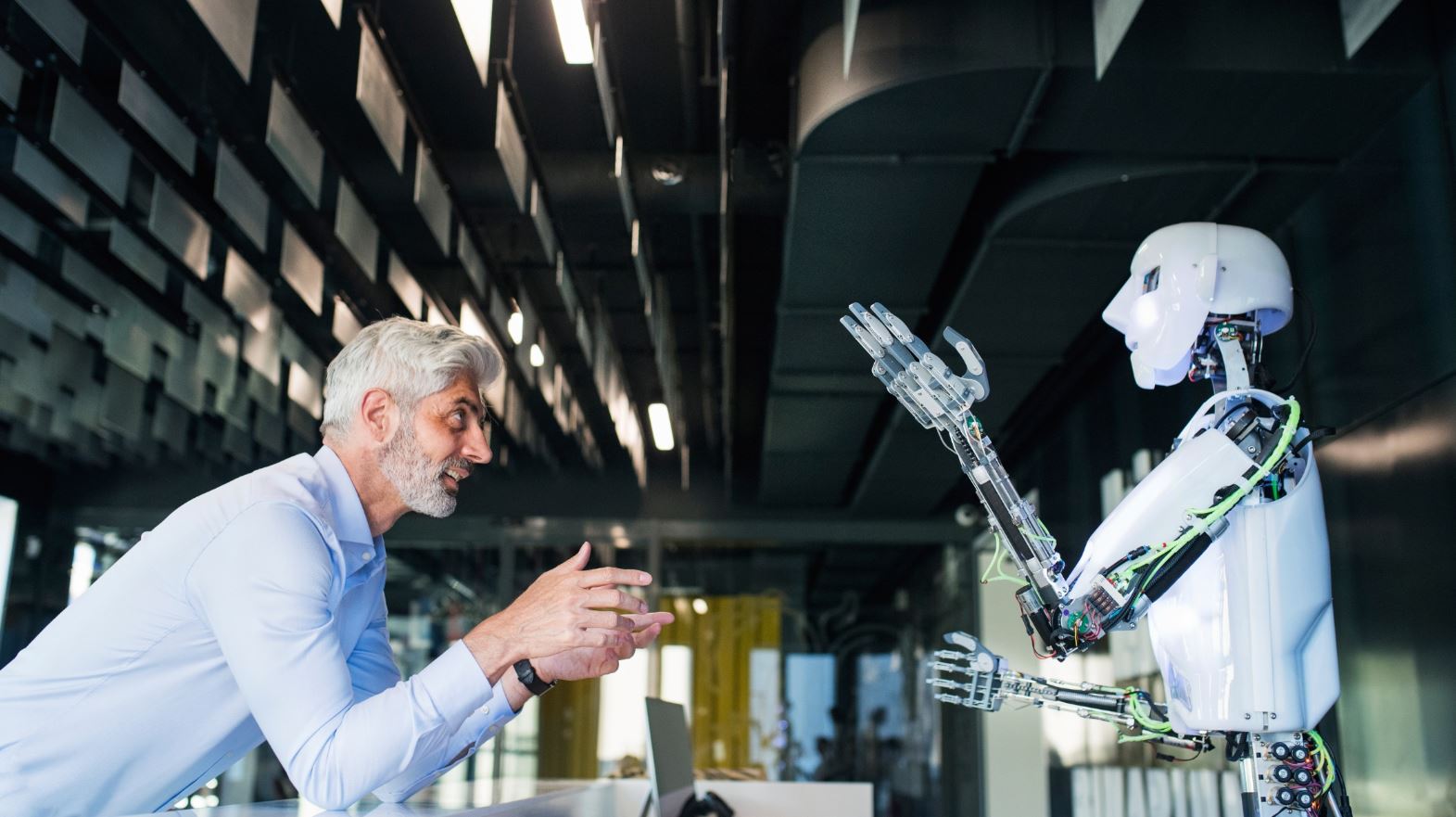 In a bustling auto factory, robots and humans work side by side, each bringing their own strengths to the table. Robots efficiently assemble car doors while skilled workers inspect every piece for quality. Yet, as anyone in a busy workshop knows, unpredictable human behaviour can sometimes lead to challenges.
In a bustling auto factory, robots and humans work side by side, each bringing their own strengths to the table. Robots efficiently assemble car doors while skilled workers inspect every piece for quality. Yet, as anyone in a busy workshop knows, unpredictable human behaviour can sometimes lead to challenges.
Researchers at the University of Colorado Boulder, led by Professor Morteza Lahijanian, are addressing this head-on. Their new algorithms empower robots to make safer, smarter decisions when interacting with people. Unveiled at the International Joint Conference on Artificial Intelligence in August 2025, this approach is designed to help robots navigate environments where uncertainty is the norm.
Professor Lahijanian puts it plainly: for effective teamwork, robots need to adjust to human actions—not the other way around. “If you’re a robot, you have to be able to interact with others,” he explains. “You have to put yourself out there and take a risk and see what happens. But how do you make that decision, and how much risk do you want to tolerate?” His insights remind us that innovation thrives when technology adapts to us.
The research draws on game theory, treating robots like players in a dynamic game where every move matters. By focusing on what’s called an ‘admissible strategy’, the goal is to complete tasks without compromising safety. Think of it as a chess game where anticipating a potential error could allow you to make a move that ensures everyone stays safe.
This smart approach means that if a human coworker slips up, the robot can adjust its actions immediately to maintain a safe work environment. As automation becomes more commonplace—whether easing labour shortages in healthcare or taking on heavy lifting in manufacturing—this research reassures us that technology can be both efficient and respectful of human dynamics.








